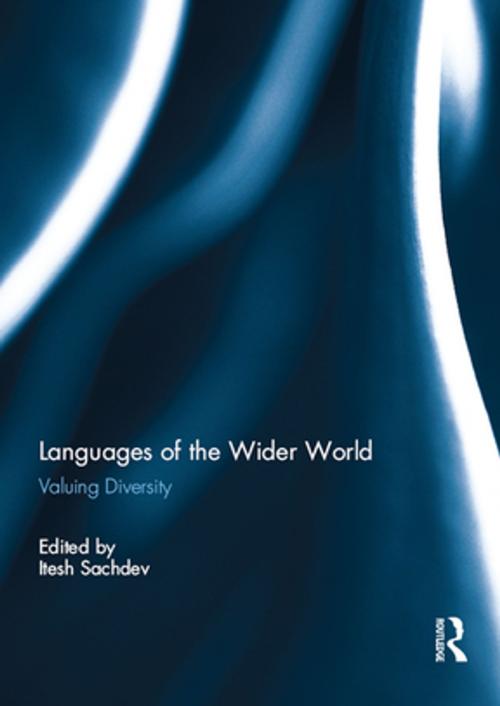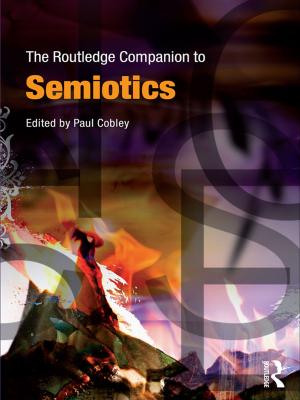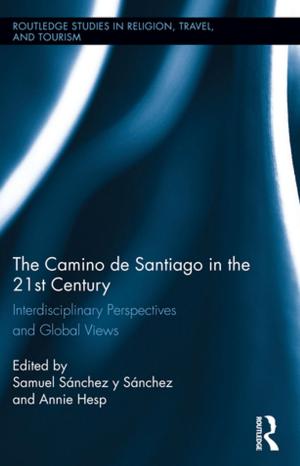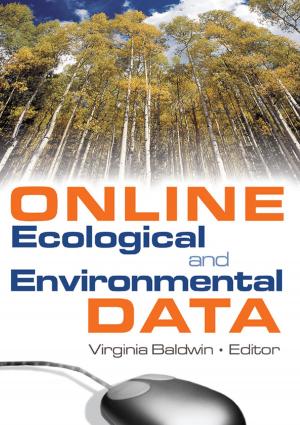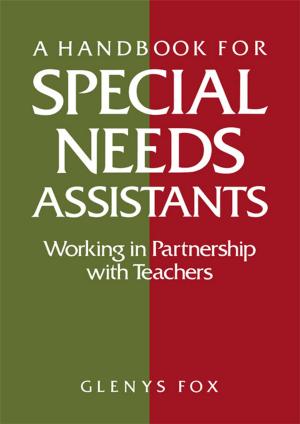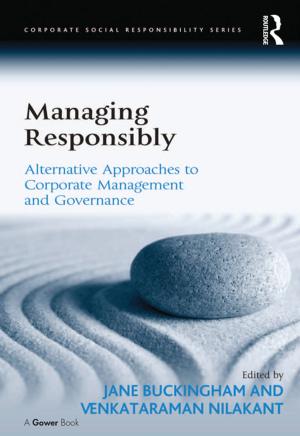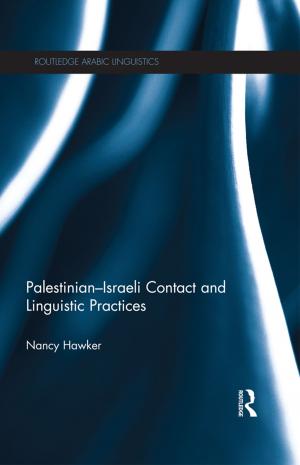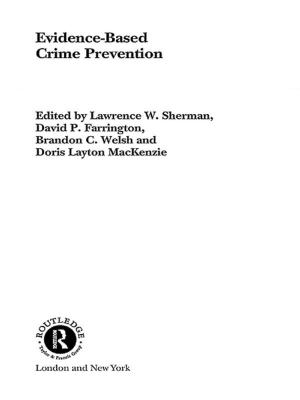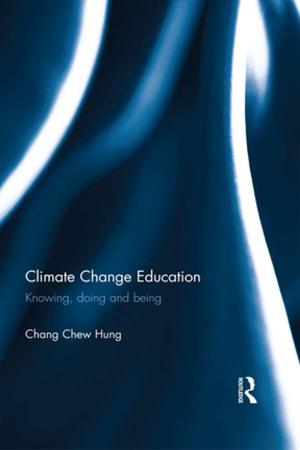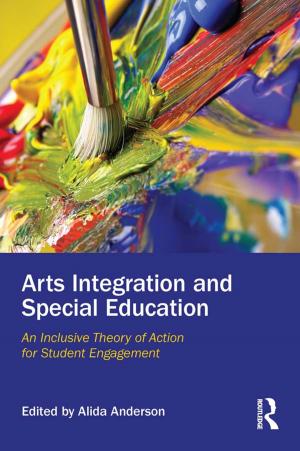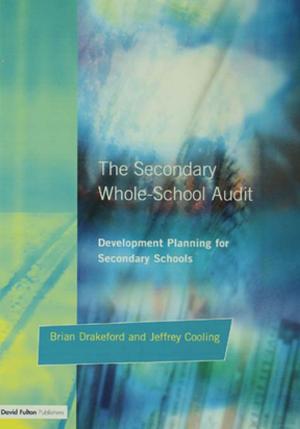Languages of the Wider World
Valuing Diversity
Nonfiction, Reference & Language, Foreign Languages, Education & Teaching| Author: | ISBN: | 9781134910236 | |
| Publisher: | Taylor and Francis | Publication: | March 16, 2016 |
| Imprint: | Routledge | Language: | English |
| Author: | |
| ISBN: | 9781134910236 |
| Publisher: | Taylor and Francis |
| Publication: | March 16, 2016 |
| Imprint: | Routledge |
| Language: | English |
The last few decades have seen a stretching and exchange of local, regional and national languages, identities, cultures, and economies worldwide as a consequence of globalisation and technology development. Significantly, the languages of the Middle East, Africa, Asia, the Netherlands, Scandinavia, Eastern Europe and Russia have been attracting increasing strategic, commercial and civic attention. Collectively referred to as ‘Languages of the Wider World’ (LWW), these languages are important given the emergence of new centres of capital and cultural accumulation in the 21st century, such as Brazil, Russia, India and China (BRICs). This volume focuses on LWW in use, and on their teaching and learning. It ranges from a highly localized focus (on learners and teachers of Community/Heritage Languages), to broader national and international foci (on policy makers and multilingualism; on teachers in primary, secondary and tertiary systems). It aims to inspire researchers and practitioners to work on languages other than the ones that have been the mainstay of the field to facilitate the development of a vibrant and critical community of enquiry in Languages of the Wider World.
This book was originally published as a special issue of the Language Learning Journal.
The last few decades have seen a stretching and exchange of local, regional and national languages, identities, cultures, and economies worldwide as a consequence of globalisation and technology development. Significantly, the languages of the Middle East, Africa, Asia, the Netherlands, Scandinavia, Eastern Europe and Russia have been attracting increasing strategic, commercial and civic attention. Collectively referred to as ‘Languages of the Wider World’ (LWW), these languages are important given the emergence of new centres of capital and cultural accumulation in the 21st century, such as Brazil, Russia, India and China (BRICs). This volume focuses on LWW in use, and on their teaching and learning. It ranges from a highly localized focus (on learners and teachers of Community/Heritage Languages), to broader national and international foci (on policy makers and multilingualism; on teachers in primary, secondary and tertiary systems). It aims to inspire researchers and practitioners to work on languages other than the ones that have been the mainstay of the field to facilitate the development of a vibrant and critical community of enquiry in Languages of the Wider World.
This book was originally published as a special issue of the Language Learning Journal.
